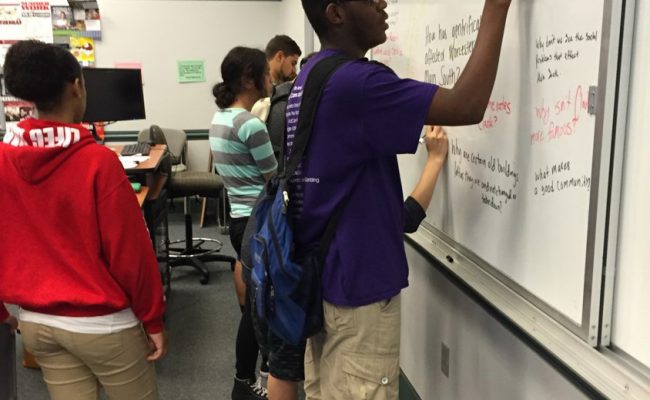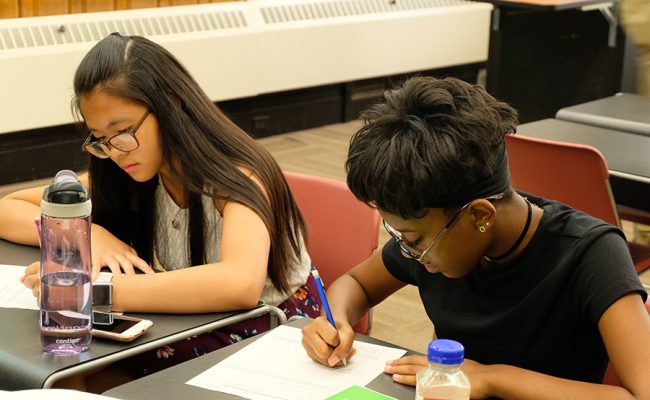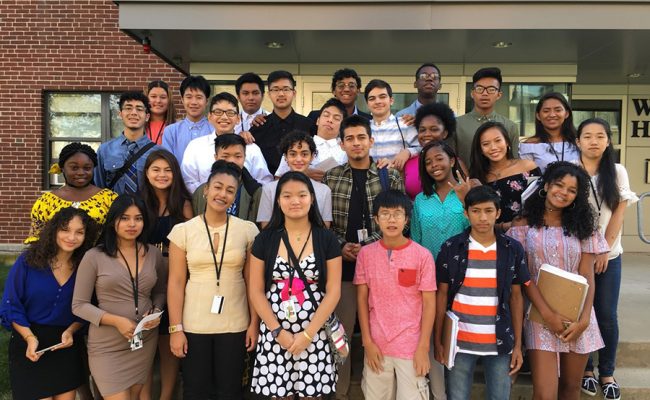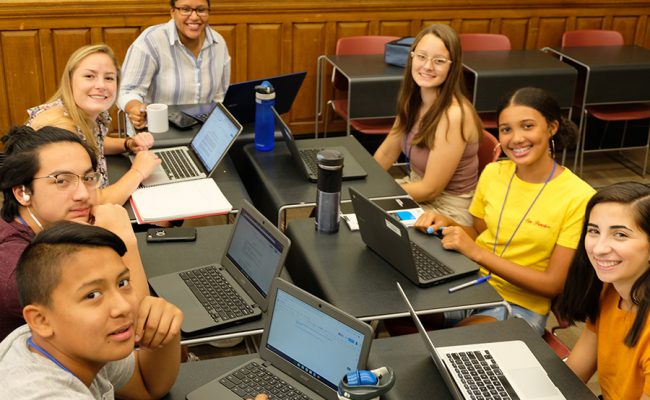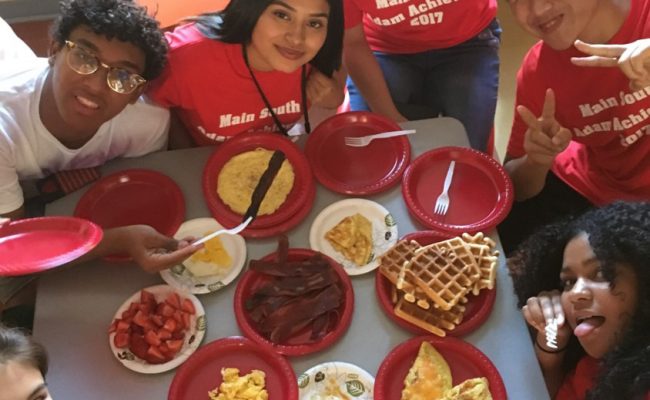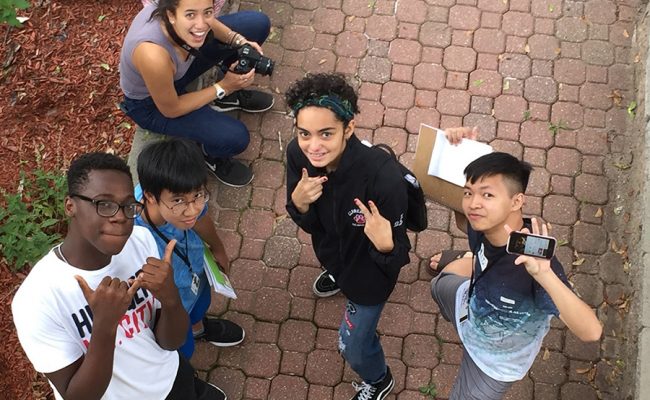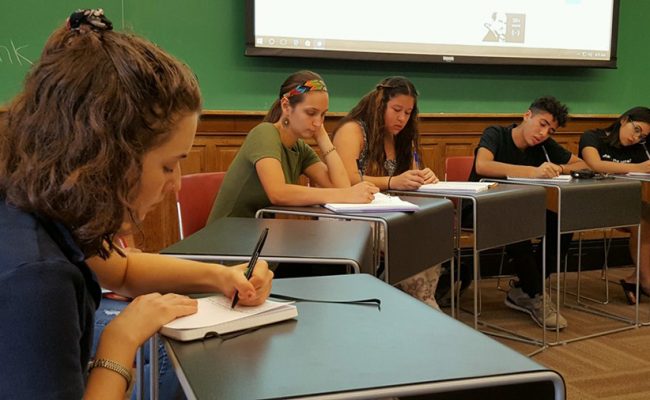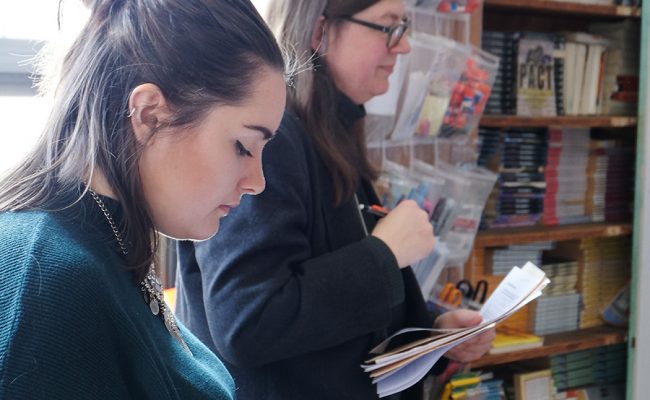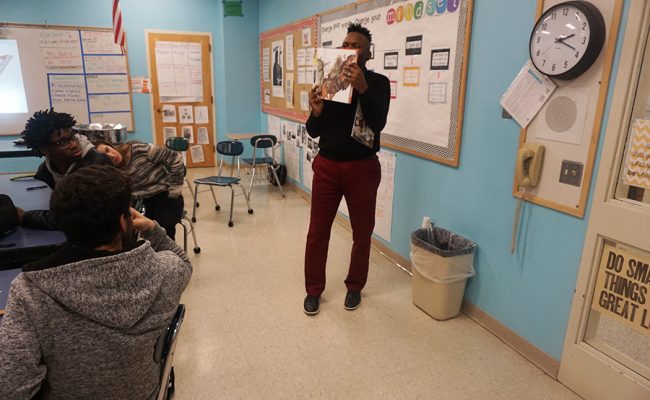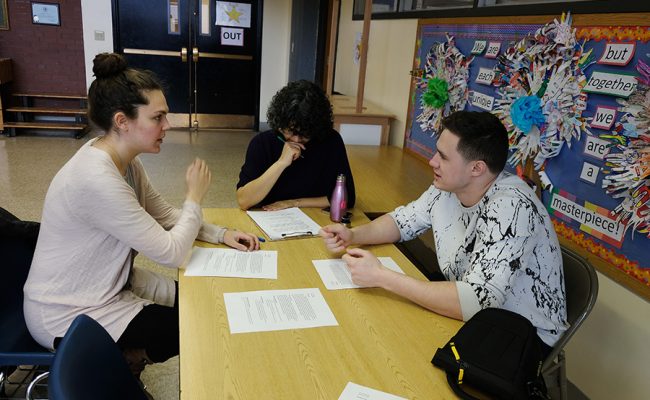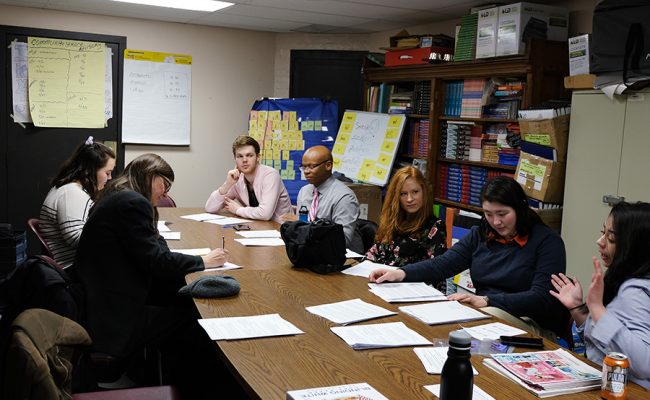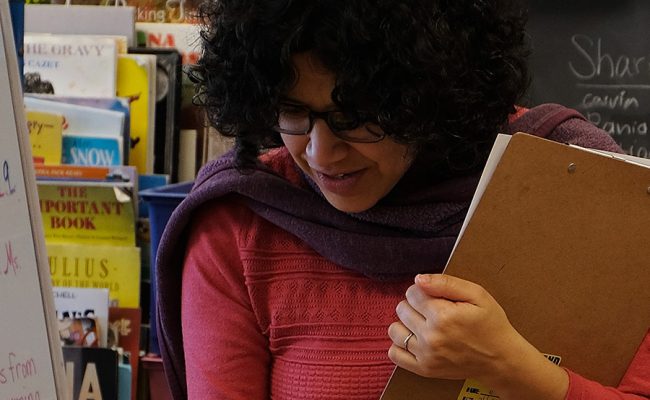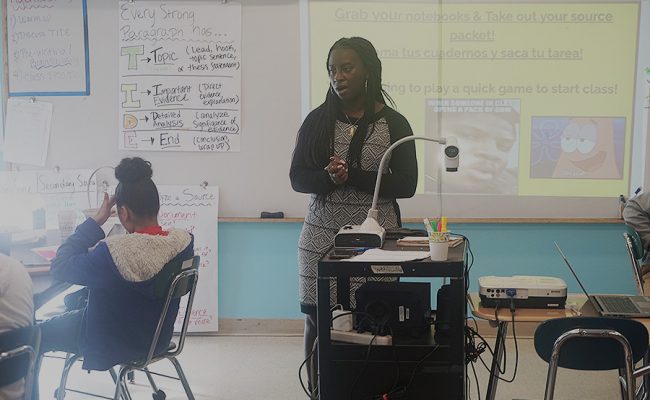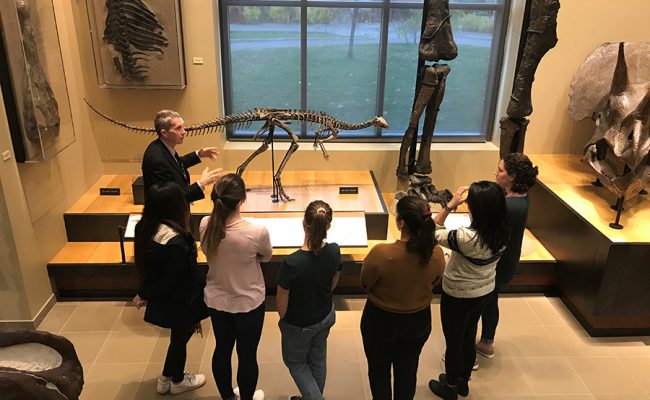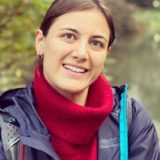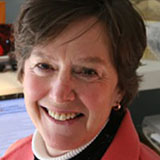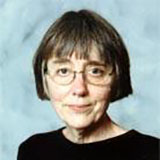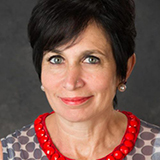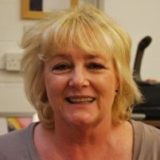The Adam Institute is a broad-based learning community of teachers, faculty, and public school as well as University students, embedded locally in and across neighborhood partner schools, and interconnected nationally through the Urban Teacher Education Consortium, with international collaborators as well. This learning community is home to various programs, in particular the Main South school partnership and the Master of Arts in Teaching (MAT) program. All are widely recognized.
Programs and Impact
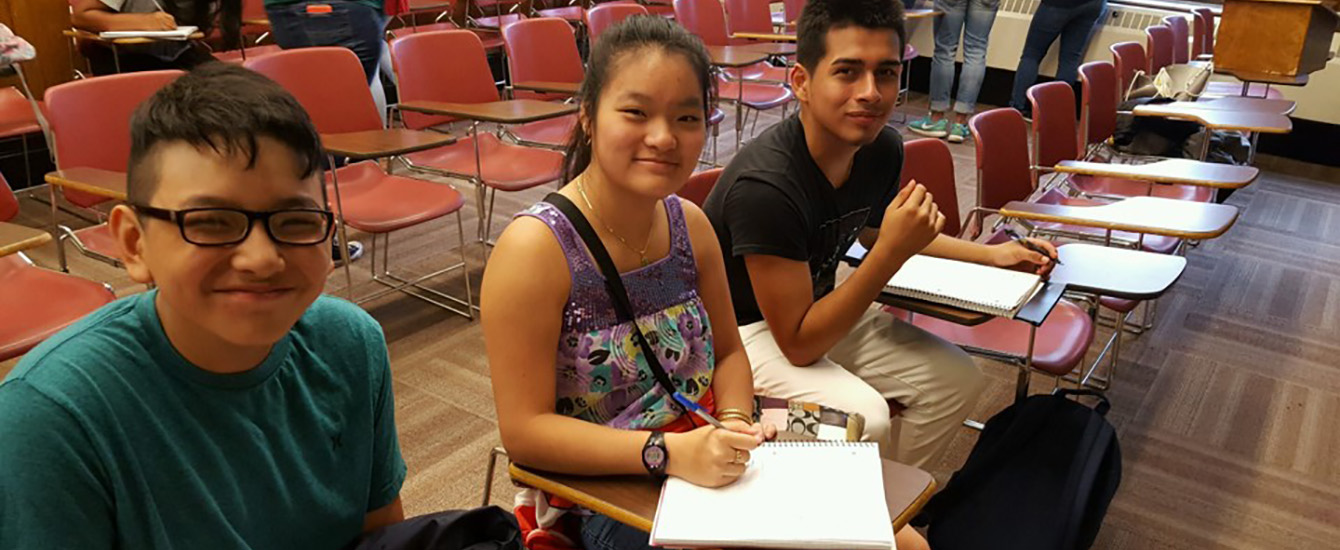
Learning in Community
Faces and Places of the Adam Institute
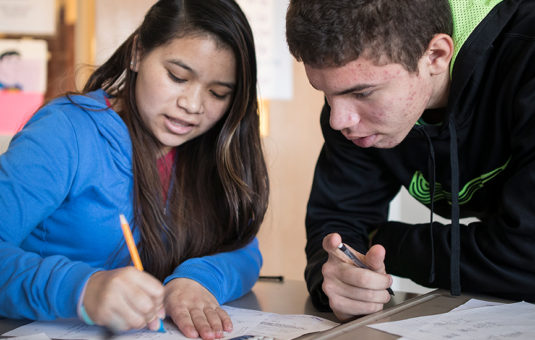
Accolades
Master of Arts in Teaching Program: Approval With Distinction
Our Master of Arts in Teaching program has been granted “approval with distinction” by the Massachusetts Department of Elementary and Secondary Education.
Additional Programs and Initiatives
Our Book: ‘Partnership and Powerful Teacher Education’
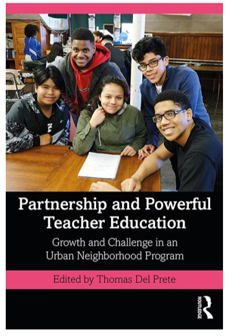 Published in 2019 and written with voices of university faculty, school educators, program graduates, and students from partner schools, our collaborative book, “Partnership and Powerful Teacher Education: Growth and Challenge in an Urban Neighborhood Program,” offers an in-depth portrait and valuable reference for the development of clinical or school-embedded partnerships in teacher preparation by drawing on the decades-long partnership between a university and set of schools in an urban neighborhood.
Published in 2019 and written with voices of university faculty, school educators, program graduates, and students from partner schools, our collaborative book, “Partnership and Powerful Teacher Education: Growth and Challenge in an Urban Neighborhood Program,” offers an in-depth portrait and valuable reference for the development of clinical or school-embedded partnerships in teacher preparation by drawing on the decades-long partnership between a university and set of schools in an urban neighborhood.
In the midst of a national movement toward partnership-based clinical teacher education, this book explains and illustrates the roles, commitments, and collaborative practices that have evolved.
The book is edited by Adam Institute Director Thomas DelPrete.
Adam Achievers Program
The Adam Achievers program is offered annually to 30 rising 10th graders from our partner schools. The program incorporates mentoring from Clark undergraduates, community-based research opportunities, and college readiness activities during a residential academy. It also affords our Master of Arts in Teaching candidates (MATs) the opportunity to work closely with students who hail from the schools in which the candidates will be teaching throughout the year.
Guided by MATs, Adam Achievers form into teams based on shared interests to design and carry out community research projects on topics such as public art in the community, out-of-school educational opportunities, neighborhood crime, and homelessness. Each project incorporates interviews, surveys, data analysis, and historical perspective, culminating in a public presentation for the community, complete with recommended action steps. Each requires teamwork, organization, initiative, and discovering capacity and capability.
Adam Teacher Fellow Program
The Adam Teacher Fellow Program supports a partner-school teacher full- or part-time to contribute to the Master of Arts in Teaching (MAT) Program and the development of the community of practice within his or her own school or across schools. Teacher Fellows embody the Adam commitment to the development of teacher expertise and leadership.
Professional Learning Communities
The Adam Institute develops and supports professional learning communities within and across its Worcester partner school network, and is a founding member of a nation-spanning learning community — the Urban Teacher Educator Consortium (UTEC). These professional learning communities share a common goal of fostering powerful and equitable teaching and learning. The Adam Institute’s local partner school professional learning community plays an integral role in supporting the Master of Arts in Teaching program.
Summer Cubs
The “summer slide” is a challenge for educators. When students leave school in the spring and return in the fall having lost ground in both reading and math, teachers must adjust their curriculum and re-teach the previous year’s work in order to get students ready for the new academic year.
Summer CUBS (Comprehension and Understanding Bring Success) provides engaging learning experiences for students at one of our partner schools, Woodland Academy, aimed at helping them maintain academic progress they have made through the school year. The Adam Institute and the Worcester Area Mission Society collaborate with the school to make the program possible.
Summer CUBS runs for 18 days from late June through mid-July. We start at 8 a.m. and end at 2 p.m., aligning with typical school day hours. We incorporate daily learning experiences in literacy, math, science, art, and outdoor play. Students interact with Worcester Public School teachers, University faculty, Master of Arts in Teaching students and a cadre of volunteer mentors who encourage new learning while also having fun!
Each elementary MAT spends one week working intensely with a veteran Worcester Public School teacher, a graduate of the MAT program, who will also co-teach their teaching math course in the fall semester. The MATs benefit from modeled instruction, time working with small groups of children, and coaching as they prepare their own lessons for small groups of students.
Our data indicates that the CUBS program is achieving its primary goal. Over the past two years, 80% of our students have either maintained or gained on their reading comprehension test scores between the end of school in May and when they start again in the fall. Principal Patty Padilla actively seeks out students to apply and enroll in this free of charge program each spring. As the program continues to emerge, we use feedback from the teachers, MATs, mentors, and Woodland staff to fine-tune the CUBS experience.
Teacher Diversity Initiative
The Adam Institute has launched a teacher diversity initiative to increase the number of teachers from underrepresented groups in the Worcester schools and other urban school districts. Teacher diversity is recognized as a significant factor in supporting educational attainment, including aspiration for college.
To help increase the number of students in the Adam Institute Master of Arts in Teaching program from groups underrepresented in teaching, Clark has committed to a 50 percent tuition rate through 2022-23 for qualified candidates.
The Master of Arts in Teaching program is the first program in Massachusetts to have earned state approval “with distinction.” The teacher diversity initiative builds on this commitment to excellence in urban teacher education and the Adam Institute’s longstanding commitment to urban education and school partnership in Worcester.
The application deadline for the Master of Arts in Teaching candidates is Jan. 15. Interested students should contact Andrea Allen at AAllen@clarku.edu.
Teacher Rounds Program
Teacher Rounds are a signature collaborative learning practice in the Master of Arts in Teaching (MAT) program and in partner schools. Drawing on the concept of a “round” in medical practice, Teacher Rounds bring together small groups—for example, MAT students, teachers and education faculty—for focused observation, inquiry, and reflection in classrooms. Teacher Rounds aim to share and make teaching practice transparent, cultivate habits of reflection and inquiry, develop mutual understanding of student learning and teaching, and build learning communities grounded in the work that teachers and students do every day.
Learn more: The Rounds Model of Professional Development (PDF), by Thomas Del Prete (See also Del Prete, T. 2013. Teacher Rounds: A guide to collaborative learning in and from practice. CA: Corwin).
Selected Awards and Praise
Selected Report and Publication Citations
Adam Institute for Urban Teaching and School Practice
-
Jonas Clark Hall
Clark University
950 Main Street
Worcester, MA 01610 - 1-508-793-7222
- 1-508-793-8864 Fax

